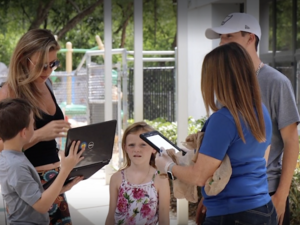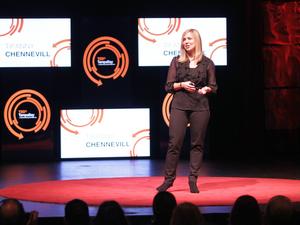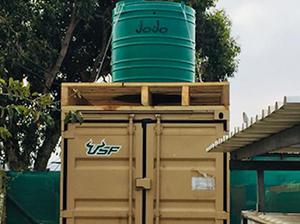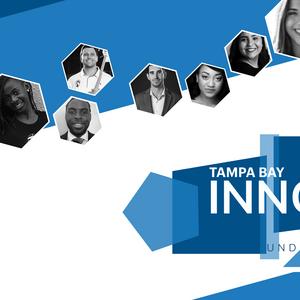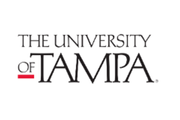
Ora Tanner didn't set out to have a career in education — she was a physics major who happened to land at Ferrell Middle School in Tampa when it was a Title 1 school. But when Tanner saw the gap between which students got to learn more about technology and which ones did not, she knew something needed to change.
"I saw all these cool programs implemented with gifted students and everyone else just didn’t have the opportunity to learn," she said. "Especially at the high school level, a lot of students in the poorer schools don't have computer science programs or any other tech programs."
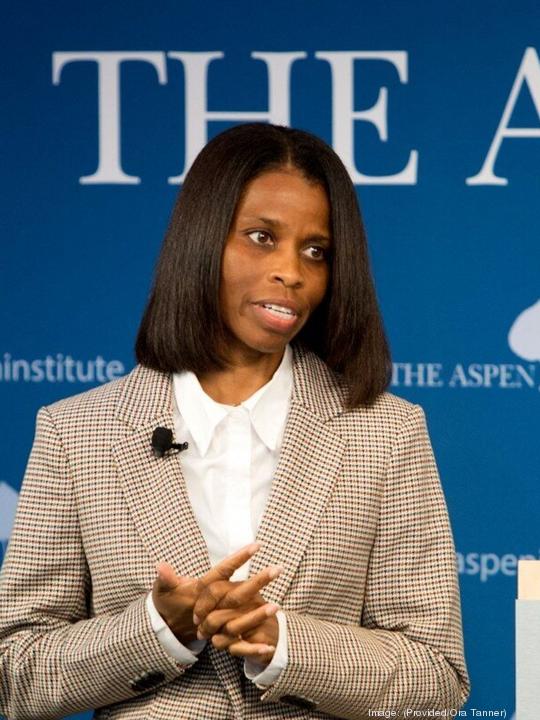
She and two other co-founders created the AI Education Project, a nonprofit that introduces students — specifically lower income and minority students — to artificial intelligence using real-world examples.
"It doesn't require any prerequisite knowledge; the lessons are designed to just be easily digestible," Tanner said. "It's not theory or all the technical jargon. It's a Gen Z design: They care about jobs, making money, civil rights and social justice issues, so we might ask them to play this game which may use machine learning, and we may ask them, 'How does this game get to do this thing?'"
There's an added layer to the program. The nonprofit is seeking to inform minority students how AI algorithms may work against them, whether it be getting enrolled in college, buying a home or the rate of their student loan payments.
"To me, it's 'If you don't know about this, you don't have a fighting chance,'" Tanner said. "You will just be wondering, 'Why aren’t things working in my life?' But the recognition and awareness that these ubiquitous systems are at play, even though you can't see them, hopefully it gives them leverage as they move forward in their lives."
The AI Education Project will reach roughly 2,500 students this fall semester, with the goal to reach 100,000 students by 2022. The school recently completed the Fast Forward Accelerator, a tech nonprofit accelerator funded by Google, Microsoft, Amazon and more.
The program is in six states and has a partnership with the University of South Florida's Upward Bound program, which helps high school students in Hillsborough County enroll and graduate from postsecondary education institutions.
"I was attracted to it because in the process of preparing for college, especially for first generation students, it's important to understand the system they're trying to enter," said Raymond Cabrera, director of the Upward Bound program. "When you incorporate AI into the curriculum, it's understanding the ways the higher education system works. If you understand and can critically think through it, it's 'What can I do as a student to get into college?' And it's the same thing with careers. It's just trying to give them a leg up."


